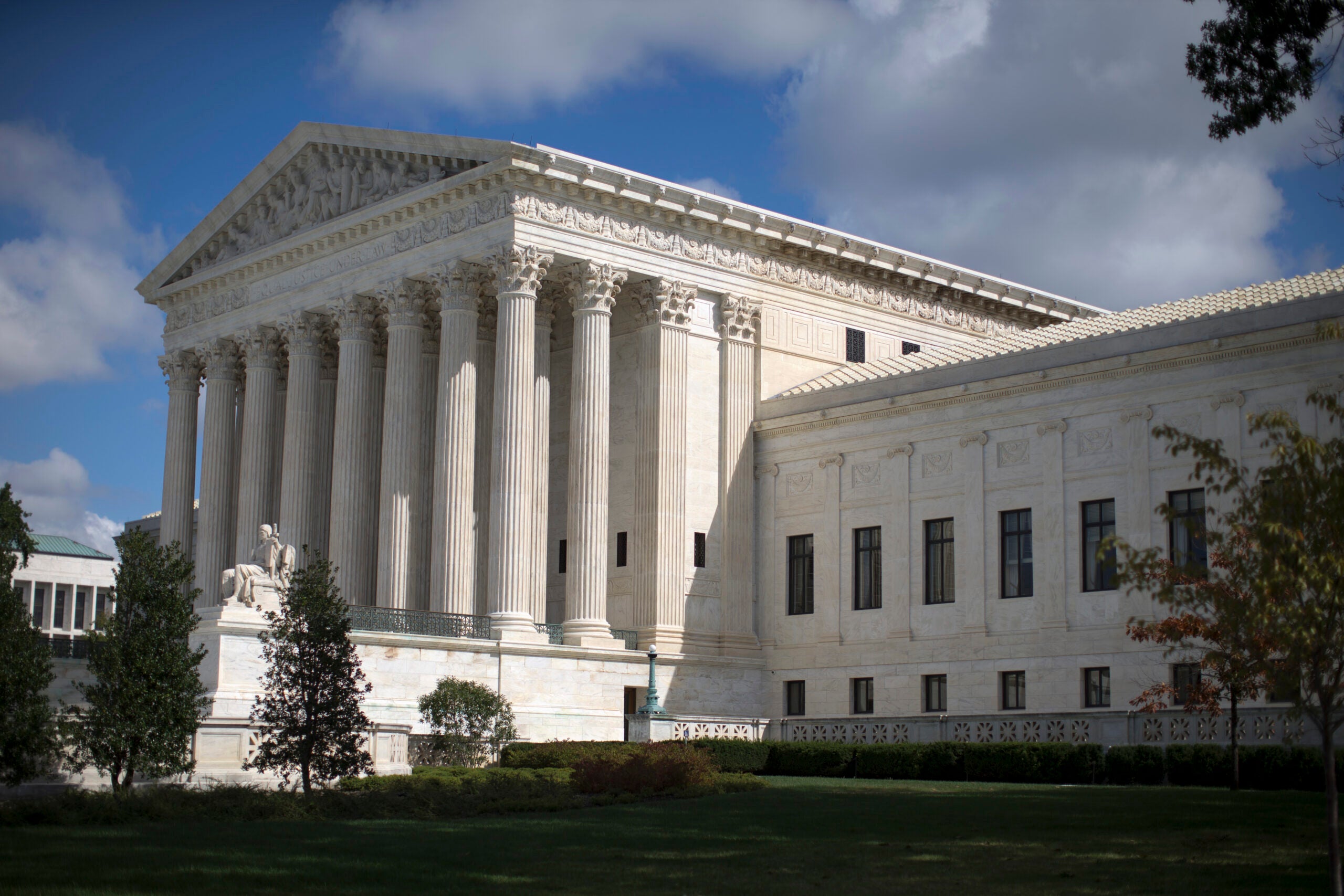The Eau Claire School Board is the latest in Wisconsin to change how it oversees the city’s public schools by adopting what is known as a “coherent governance model.”
The idea behind the new governance model is to have citizen board members set broad policy initiatives and goals for the Eau Claire Area School District. Determining how the district meets those goals will be up to school and district administrators.
Eau Claire School Board President Tim Nordin said the change is meant to position the board to be more proactive in how it approaches school and student issues.
Stay informed on the latest news
Sign up for WPR’s email newsletter.
“The board has spent, over the past many years, a lot of its time reacting to issues, micromanaging where it is really not the board’s expertize or area of involvement and not really setting out that future look of where are we going, what are we doing, what is the vision of the community for this district?” said Nordin.
District officials will then be responsible for submitting regular monitoring reports to the board to show what progress is or isn’t being made on the overarching goals and initiatives.
The “coherent governance model” isn’t new to Wisconsin. Other school boards in places like Racine, La Crosse, Sun Prairie, Shorewood and Chippewa Falls have adopted it as well.
In 2017, the Lakeland Union High School Board voted against implementation.
The “coherent governance model” has been promoted by K-12 consulting firm Aspen Group International, which has also been hired by districts across the U.S. to train board members on how to implement it.
The Eau Claire School Board isn’t hiring Aspen Group and is implementing the change on its own.
During the Monday meeting, Board member Erica Zerr said while she’s “incredibly nervous” about making the switch, what the board has been doing in the past hasn’t served all of the district’s students as well it can.
“Through this governance model we will see, clearly articulated, the goals and the long term vision for our district,” said Zerr. “And we will be constantly checking in on it, we will be constantly focused on every decision that we make, everything that’s being done, to what end does it serve?”
Board member Marquell Johnson was the sole “no” vote on switching to the new governance model. He said he’s concerned that change might not allow the school board to “address immediate issues and or concerns that arise during the typical academic school year.”
“Monitoring reports appear to shield both school board members, at times, and administrators from being intentional agents of change to meet matters of significance at a particular time,” said Johnson.
Wisconsin Public Radio, © Copyright 2024, Board of Regents of the University of Wisconsin System and Wisconsin Educational Communications Board.





